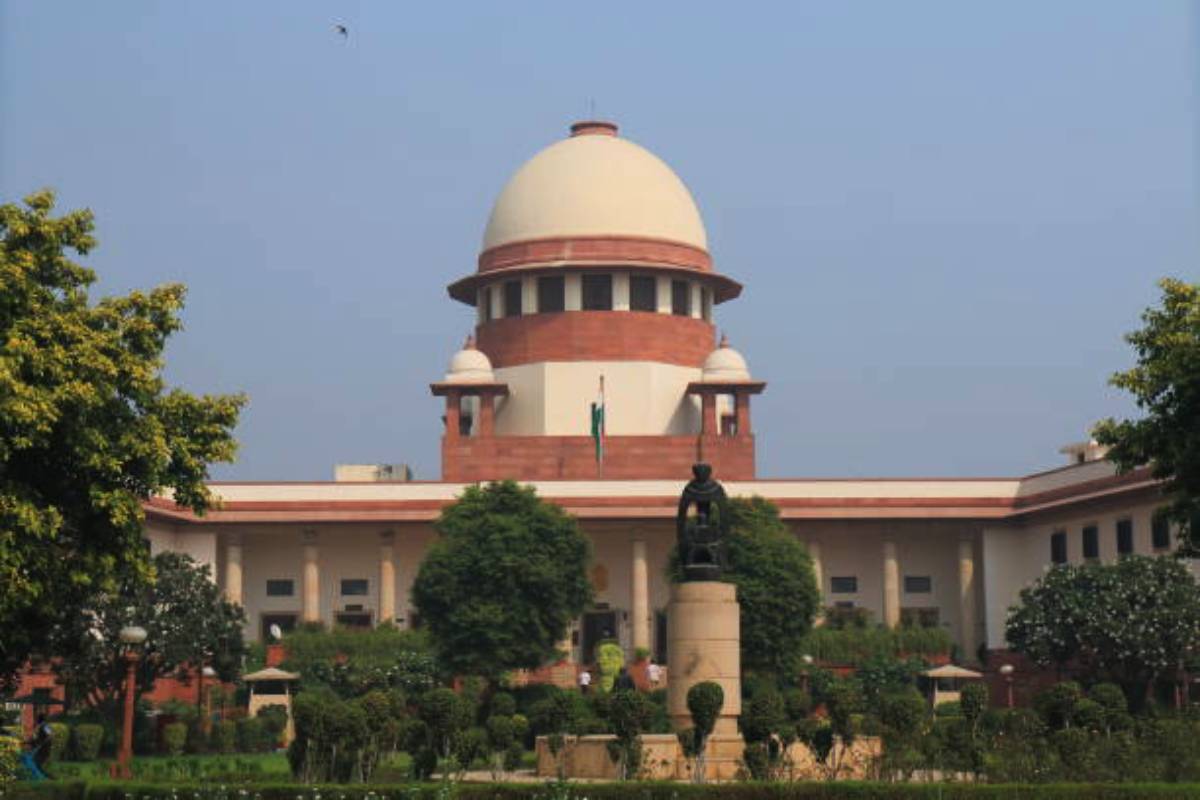The Supreme Court on Thursday said, “We cannot postulate a scenario where ends justify the means’ and both have to be consistent, as Attorney General R. Venkataramani defending the abrogation of Article 370 said that “It is often the case that a limb is amputated to save a life but life is not given to save a limb.”
Referring to a two-page brief summary of his argument, Attorney General Venkataramani told a five-judge constitution bench comprising Chief Justice D.Y. Chandrachud, Justice Sanjay Kishan Kaul, Justice Sanjiv Khanna, Justice B.R. Gavai and Justice Surya Kant, “We wanted to ensure that the constitution is preserved with regard to processes …”
Advertisement
As the chief justice observed “We cannot postulate a scenario where ends justify the means. The means have to be consistent with the ends”, Attorney General Venkataramani said, “No deviation has taken place with regard to this presidential proclamation. To say that a fraud has been committed on the constitution is incorrect.”
“Plenary powers under Article 3 are available even when the State is under the Art. 356. There is no deviation from the law and procedure.”, AG told the bench.
Before the Solicitor General took over and commenced his arguments, Attorney General Venkataramani told the constitution bench that there is a small internal arrangement between us. A lot of documents need to be read through. I am placing certain documents in the context of the historical narrative. There is a summary of my written submissions, that he handed over to the bench.
Solicitor General Tushar Mehta told the bench that that Jammu & Kashmir was not the only State whose accession to India was through instruments of accession but may other princely that too had joined India, post-independence in 1947, with conditionalities and after their merger their sovereignty was subsumed in the sovereignty of India. He said that of the 565 princely States at the time of independence in 1947, majority of them were in Gujarat and many had conditions relating to taxes, land acquisition and other issues.
The Solicitor General said that if J&K had its constitution, other princely States too had instruments of governance with different nomenclatures.
As Solicitor General took the constitution bench through different communications and books authored by V.P. Menon and Vishnu Shankar highlighting that Sardar Patel differed with Nehru on approach towards Kashmir, the various petitioners’ lawyers objected to it stating this material was not before the court when they were advancing the arguments. Senior advocate Kapil Sibal recalled that he was not allowed to place additional material as every pleading to be advanced before the constitution bench was frozen last month.
Vishnu Shankar was secretary (J&K) to Sardar Patel and had written a book – My Reminiscences of Sardar Patel. V.P. Menon had written two volumes – The Story of the Integration of the Indian States.
Addressing the objection by the petitioners that the Solicitor General was relying on the material that was not before the court when they were advancing their arguments, CJI Chandrachud said, “There were different points of view, there were different perspectives. We will go (while deciding the issue) by primary sources, the constitution of India, constitution of J&K, instrument of accession and other related material.”
When the Solicitor General argued that when J&K joined India, its sovereignty subsumed the larger sovereignty of India, CJI Chandrachud told him, “You have to answer their argument that sovereignty has two components – external and internal. J&K accession lost external sovereignty and not internal.”
Addressing the observation from the Chief Justice Chandrachud that means must be consistent with the ends sought to be achieved, Solicitor General said, “The means that were adopted were strictly within the provision of the constitution and the judgments of the top court. J&K had a special status right from the beginning is factually and foundationally wrong.”
It was not an arrangement that was to become a part of their (J&K) integration, SWG told the bench.
Solicitor General Tushar Mehta will resume his arguments on Monday, Aug 28.











